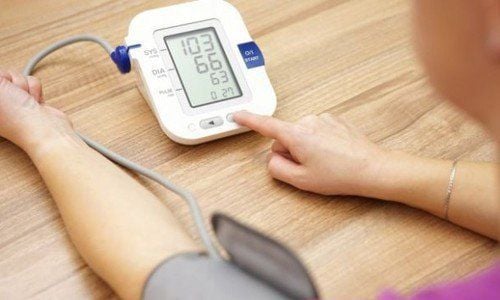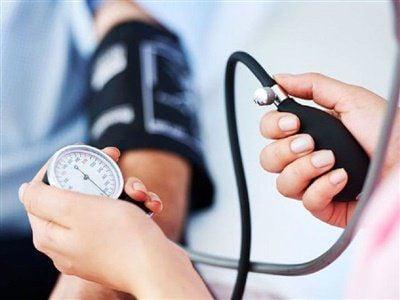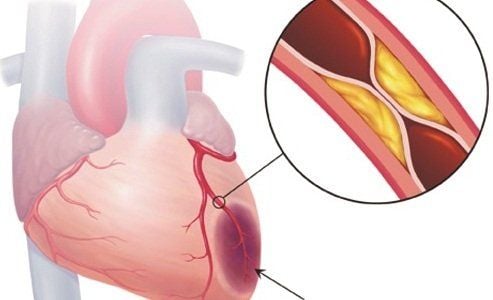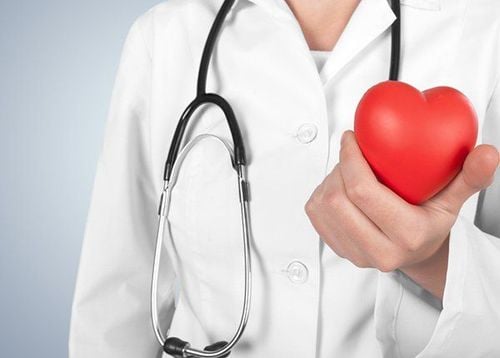Nội dung bạn đang tìm kiếm không có phiên bản tiếng Việt.
Vui lòng chọn tiếp tục để xem nội dung tiếng Anh hoặc đi đến trang chủ Tiếng Việt.
Rất xin lỗi về sự bất tiện này.
Cardiology


What to keep in mind when using Vastarel to treat coronary artery disease and ischemic heart disease?
Vastarel (trimetazidine) is an antianginal agent used in the preventive treatment of stable angina. However, the drug only works best when used as prescribed, taken at the right time, and in the correct dosage. Here are some notes when using the drug in the treatment of coronary artery disease to maximize effectiveness and avoid side effects.
View more

Is it okay if blood pressure when sitting is higher than lying down?
I usually measure my blood pressure at home using an electronic device, and I’ve noticed a difference between my readings when sitting and lying down. I am quite confused about whether the result of 140/90 (when I stand) or 122/79 (when I lie down) is accurate. Is it normal for my blood pressure to be much higher when I am sitting compared to when I am lying down?
View more
Latest articles

Is a blood pressure reading of 145/65 considered high blood pressure?
I am 52 years old. When I went for vaccination, my blood pressure was measured at 145/65. Doctor, is a blood pressure reading of 145/65 considered high blood pressure? Thank you for your advice.
View more

Postoperative Hypertension
All surgeries carry a certain degree of risk, even when all procedures are performed correctly. One common risk is postoperative hypertension. To better understand this condition, please read the following article.
View more

Symptoms of a Minor Stroke
A minor stroke, also known as a transient ischemic attack (TIA), occurs when blood flow to the brain is temporarily interrupted. According to statistics, 50% of patients who experience a TIA will suffer a full stroke within 5 years. Therefore, recognizing the symptoms of a minor stroke can help prevent serious complications.
View more

Can people with coronary artery disease eat eggs?
In certain cases, such as gallstone disease or diarrhea, eggs can be harmful to the body. So, can patients with coronary artery disease eat eggs? Let’s explore this issue in the article below.
View more

What disease has the sign of shortness of breath with headache?
Hello doctor, I often feel tired, sometimes I have shortness of breath, hand tremors, rapid heartbeat, headache, dizziness for no reason. Doctor, may I ask, shortness of breath with headache is a sign of what disease?
View more

What should people with heart valve disease eat?
A healthy diet can help prevent cardiovascular complications and reduce the strain on the heart for individuals with mitral, tricuspid, aortic, or pulmonary valve regurgitation.
View more

I've had a coronary stent placement. Is it safe for me to fly
Air travel is a popular type of transportation, but not everyone is suitable for flying. Although airplanes are equipped with medical supplies and emergency equipment to handle health emergencies like shortness of breath, chest pain, heart attack, or fainting due to the body's inability to adapt to changes in altitude, there are limitations to these preparations.
View more

[VINMEC CENTRAL PARK] Early cardiovascular and stroke screening, improving quality of life
Vinmec International Hospital System operates according to international standards, aiming to provide multifaceted and excellent healthcare.
View more

